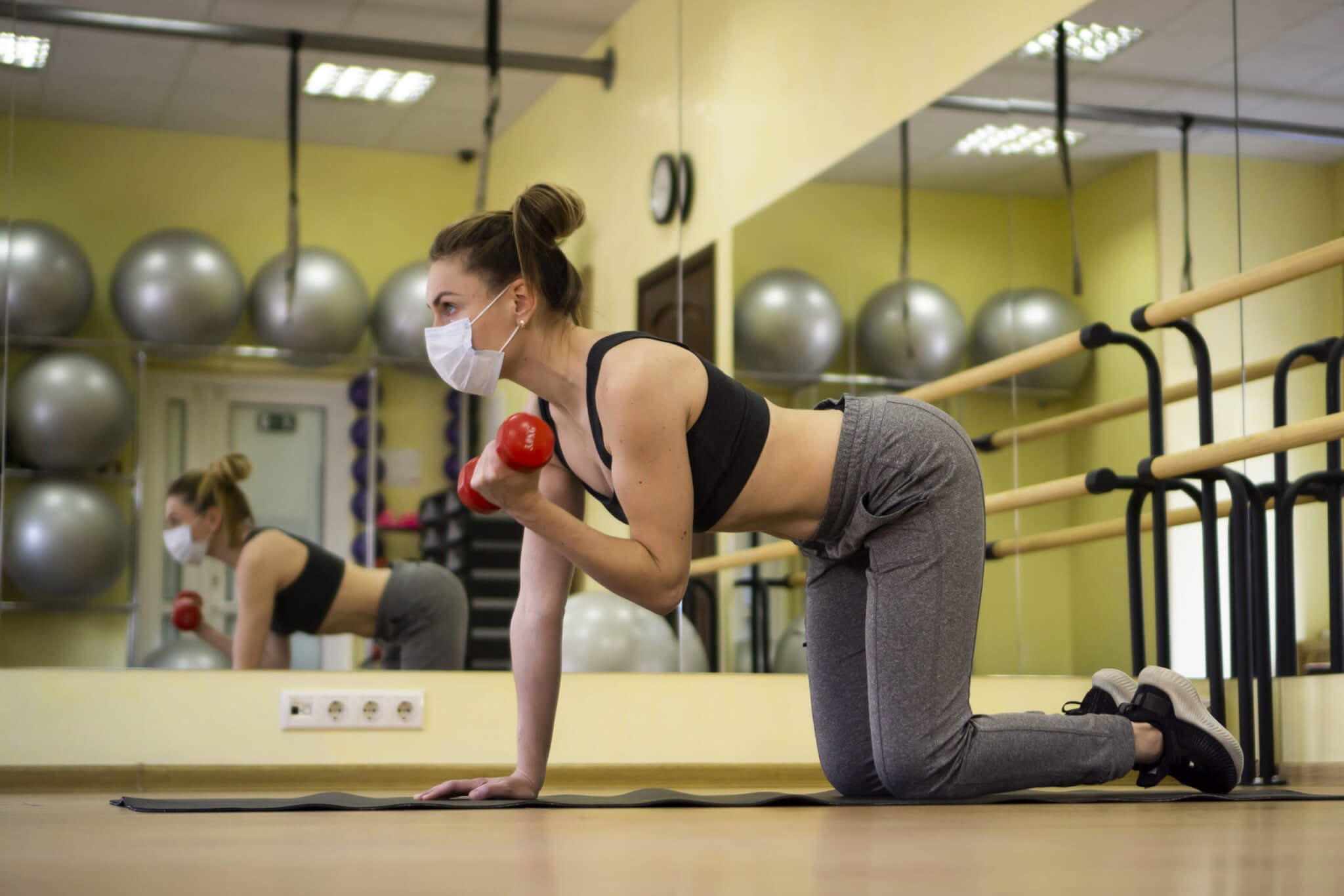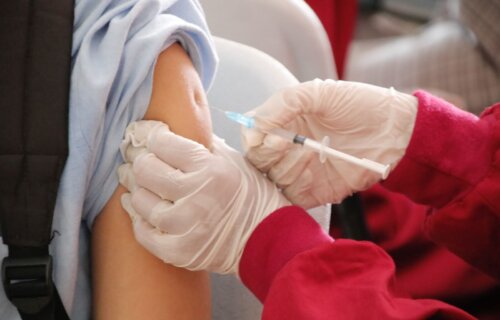AMSTERDAM, Netherlands — A number of recent health scares involving athletes and sudden cardiac arrest have lit social media ablaze with rumors and clickbait, claiming COVID-19 vaccinations are to blame. Bronny James, the son of LeBron James, is the most recent example. According to Harald Jorstad, Sports Cardiologist at Amsterdam UMC, there is simply no real evidence to support these claims. However, athletes should consider the timing of their vaccination so as not to negatively influence their performance.
In collaboration with Joelle Daems, a PhD candidate in Sports Cardiology at Amsterdam UMC, Jorstad analyzed all existing literature on this topic, ultimately finding no evidence of an increase in sudden cardiac arrest or an increase in myocarditis (inflammation of the heart) among athletes following COVID-19 vaccination.
“We analyzed all of the studies we could find. Including one from Australia that included more than four million people. There researchers found that neither the rates of sudden cardiac arrest nor the rates of myocarditis as cause for cardiac arrest increased after vaccination. Myocarditis occurs most often in young people, especially in men,” says Harald Jorstad, Sports Cardiologist at Amsterdam UMC, in a media release.
In some rare cases, a COVID-19 infection can result in myocarditis. In even fewer cases, myocarditis can be a side-effect of vaccination. Even then, the inflammation is usually milder than after a COVID-19 infection.

“Although athletes – due to their relatively young age – are at increased risk of developing myocarditis, we found no evidence in the studies that COVID-19 vaccination combined with intense exercise increased this risk even further,” Daems explains.
While some athletes may still be hesitant to receive the COVID-19 vaccination due to performance considerations, this research highlights that the vaccine is generally well tolerated. Most athletes only experience mild short-term side effects. For example, a study of 127 Olympic and Paralympic athletes demonstrated that only eight athletes found themselves unable to train on the day they were vaccinated, with seven of the eight resuming training the next day.
“Surprisingly, we did however see a small decrease in VO2 Max in one study,” Daems notes.
One study from the Netherlands and Belgium demonstrates a small but statistically significant decrease in VO2 max seven days post-vaccination. VO2 Max indicates the level of oxygen an individual can consume during exercise, and is usually used as a measurement of endurance fitness.
“The size of this decrease was very small, and it seems unlikely that this decrease has any clinical relevance. Moreover, this effect could well be temporary,” Daems adds.
“This, combined with the previous findings, shows us that athletes have no reason to be concerned. Although those athletes who are considering a vaccine this winter should probably do it outside of major competition periods,” Jorstad concludes.
The study is published in the British Journal of Sports Medicine.
You might also be interested in:
- COVID vaccines do not affect menstrual cycles, new research confirms
- Play ball! College sports may keep students from developing serious COVID infections
- COVID restrictions on outdoor activity have wrecked children’s ability to balance


How do you live with yourself?
How do live in your conspiracy world?
You’re peddling coverup nonsense, John. The evidence of vaxx harm causing heart and other problems is overwhelming now.
Prove it. Where are the studies?
The point is that pushing these vaccines on demographics that have almost no risk is foolish and no doubt the result of greed. We were lied to repeatedly by medical, public health and political authorities about the effectiveness of the minimally tested covid vaccines so why should we believe them on the safety factor.
Weird how “NEW research” tends to mirror the globalist agenda when all visible evidence shows more people dying FROM the vaxxx than ever died from the modified common-cold virus.
“Don’t believe what you see; believe what we tell you”.